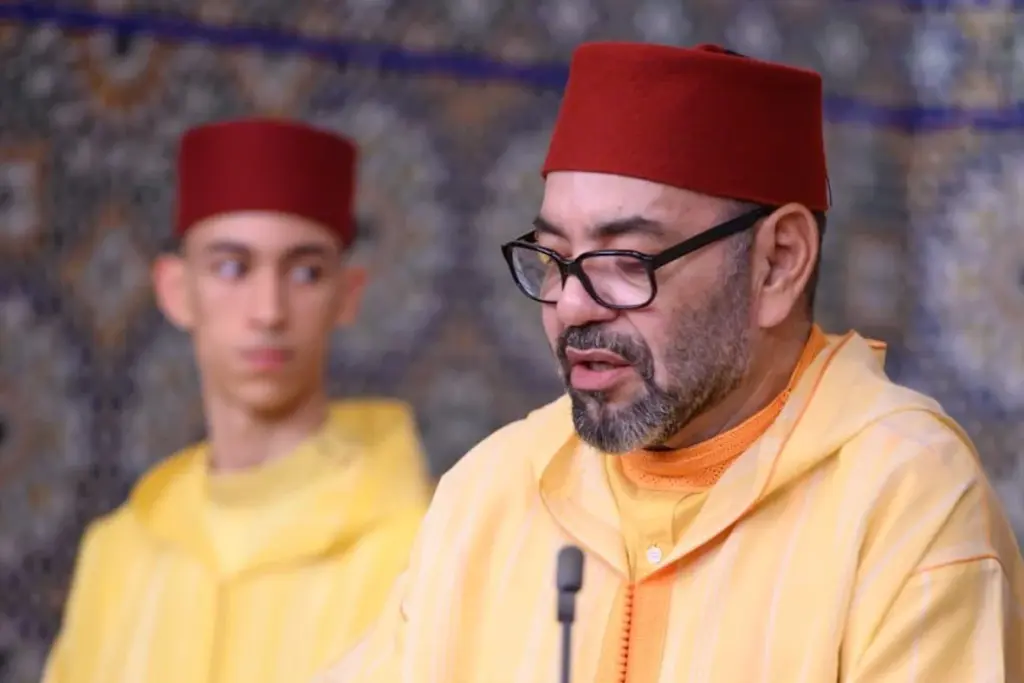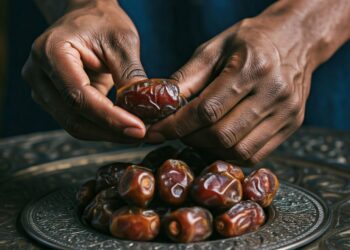Every year on August 20, Morocco commemorates the Revolution of the King and the People, a day that marks one of the most significant moments in the country’s modern history. This national holiday honors the 1953 uprising against colonial oppression and celebrates the unity between the Moroccan monarchy and its people.
The Historical Origins of August 20
The origins of this revolutionary day trace back to a critical period in Moroccan history. In 1953, the French colonial authorities deposed Sultan Mohammed V, fearing his growing support for Moroccan independence.
This act ignited widespread resistance across the country. The Moroccan people, together with the exiled Sultan’s loyalists, engaged in protests, civil disobedience, and even armed struggle to restore their legitimate leader. The solidarity between the monarch and the people became the cornerstone of Morocco’s fight for independence, and the events of August 20 symbolized that unity.
Commemorating Unity and National Pride
Celebrating this day today is more than remembering historical events; it is a tribute to the enduring bond between the Moroccan state and its citizens. Government offices and institutions across the nation typically observe the holiday.
Many cities organize commemorative ceremonies, speeches, and cultural events that reflect both the historical significance and the ongoing importance of civic unity. People also take this day as an opportunity to reflect on national identity, resilience, and the values of freedom and dignity.
Festivities Across the Country
In the streets of Moroccan cities, the day is marked by a sense of pride and patriotism. Flags are displayed widely, and public squares often host exhibitions featuring photographs, documents, and artifacts from the revolutionary period. These displays help younger generations understand the sacrifices made by those who fought for the country’s sovereignty and the pivotal role Sultan Mohammed V played in guiding Morocco toward independence.
Cultural programs are a key aspect of the celebrations. Traditional music, poetry, and theatrical performances recount the stories of courage and perseverance that defined this era. In schools, teachers use this occasion to educate students about Morocco’s struggle against colonial rule, emphasizing lessons about unity, leadership, and civic responsibility.
Through these activities, the memory of August 20 is kept alive, not just as a historical date but as a source of inspiration for future generations.

Lessons for the Present and Future
The day also serves as a reminder of Morocco’s broader journey toward modernization and national development. By reflecting on the revolutionary events of 1953, Moroccans acknowledge the importance of collaboration between leaders and citizens in building a strong, resilient nation.
The Revolution of the King and the People represents the triumph of collective action, determination, and loyalty—values that continue to shape Morocco’s social and political landscape.
7 Foods Every Moroccan Child Should Eat Daily
In Moroccan households, food is more than just nourishment, it’s a reflection of love, culture, and care. But in today’s...
Personal Branding in Morocco: Why It Matters More Than Ever
In today’s competitive job market and entrepreneurial landscape, personal branding has become more than just a buzzword, it’s a necessity....
Dating in Morocco: Modern Relationships with Traditional Boundaries
Dating in Morocco has always carried a unique balance between modern aspirations and cultural traditions. While globalization and technology have...
Why Moroccan Dates Are The Best Sweetener And How To Use Them
Dates have been part of Moroccan life for centuries, not only as a staple food but also as a symbol...
A Personal and Communal Celebration
For many Moroccans, August 20 is a personal and communal moment. Families gather, communities hold discussions and educational events, and media outlets produce documentaries and articles that highlight the heroism of those involved.
Social media also plays an increasingly important role in sharing stories, photos, and reflections, connecting citizens across cities and regions in a shared commemoration of national pride.
Conclusion
Revolution of the King and the People Day is more than a historical remembrance; it is a celebration of Morocco’s resilience, unity, and identity. By honoring the revolution that brought the people and the monarchy together, the nation reaffirms its commitment to the values of independence, solidarity, and civic responsibility.
Each year on August 20, Moroccans across the country pause to reflect, celebrate, and draw inspiration from their shared history—a history that continues to shape their present and guide their future.
















Discussion about this post